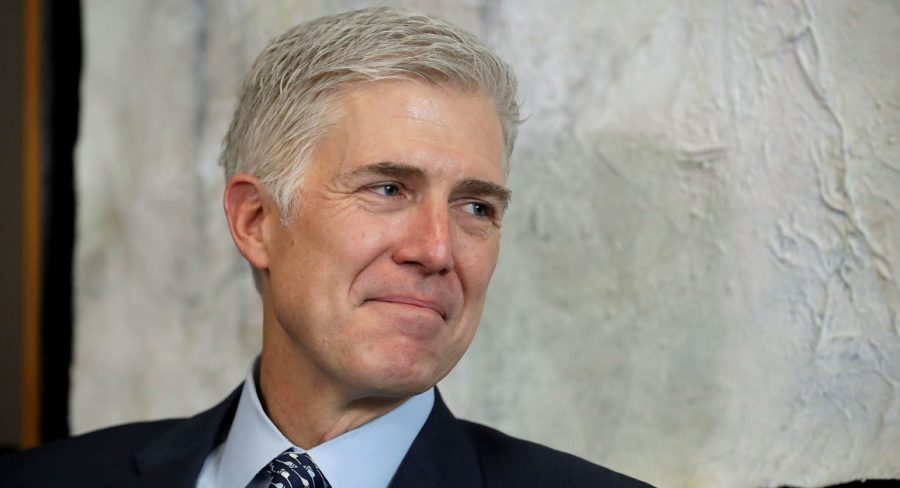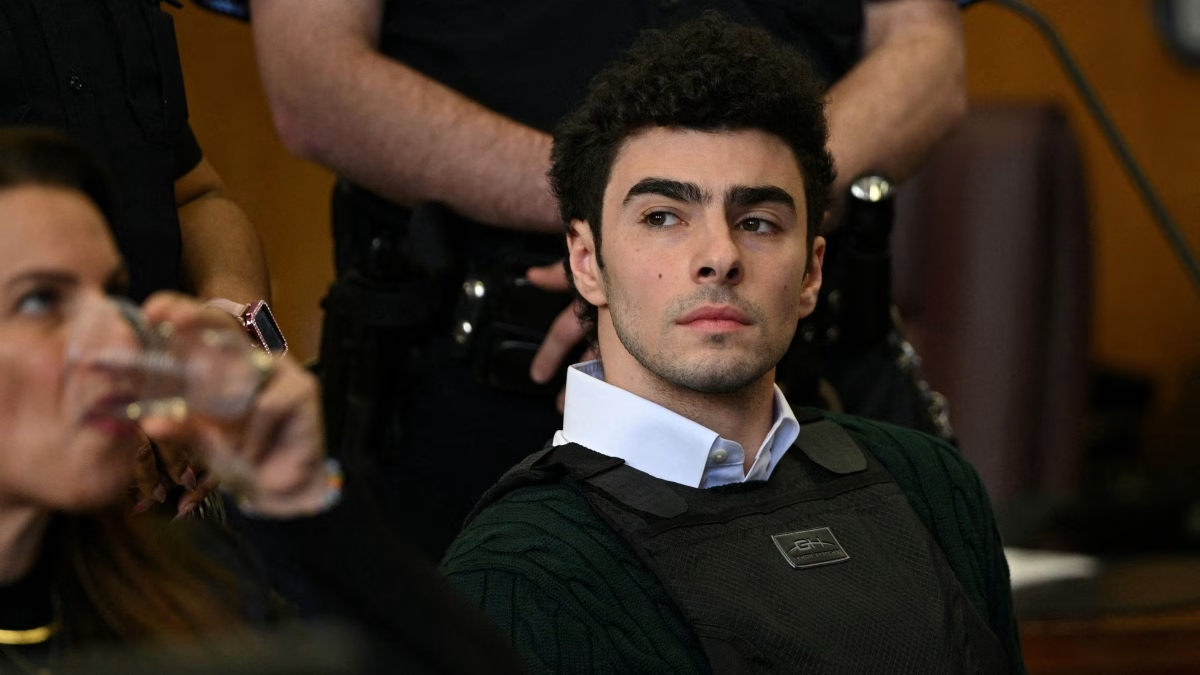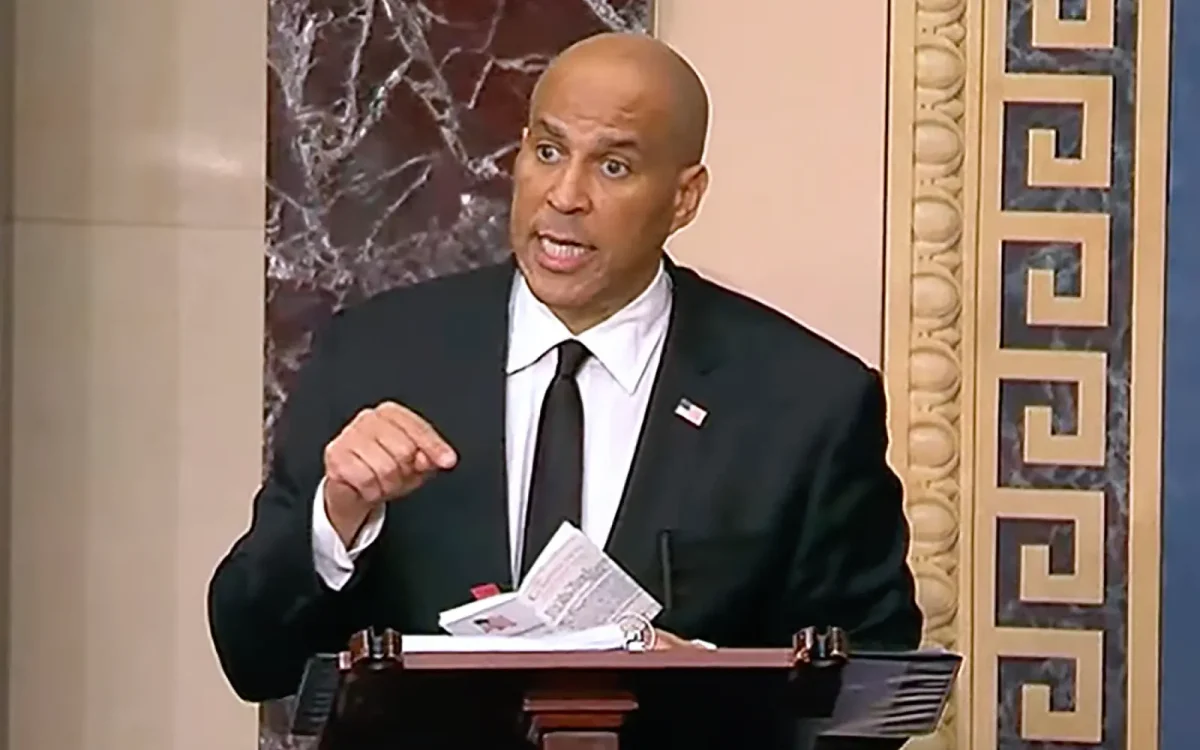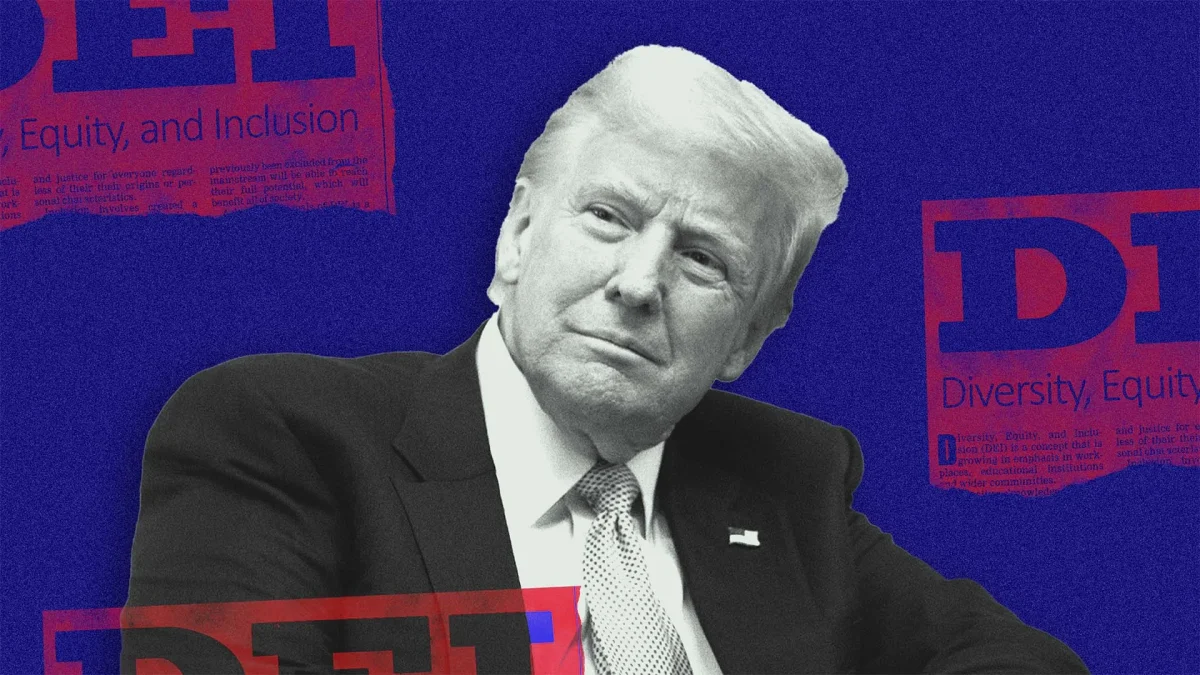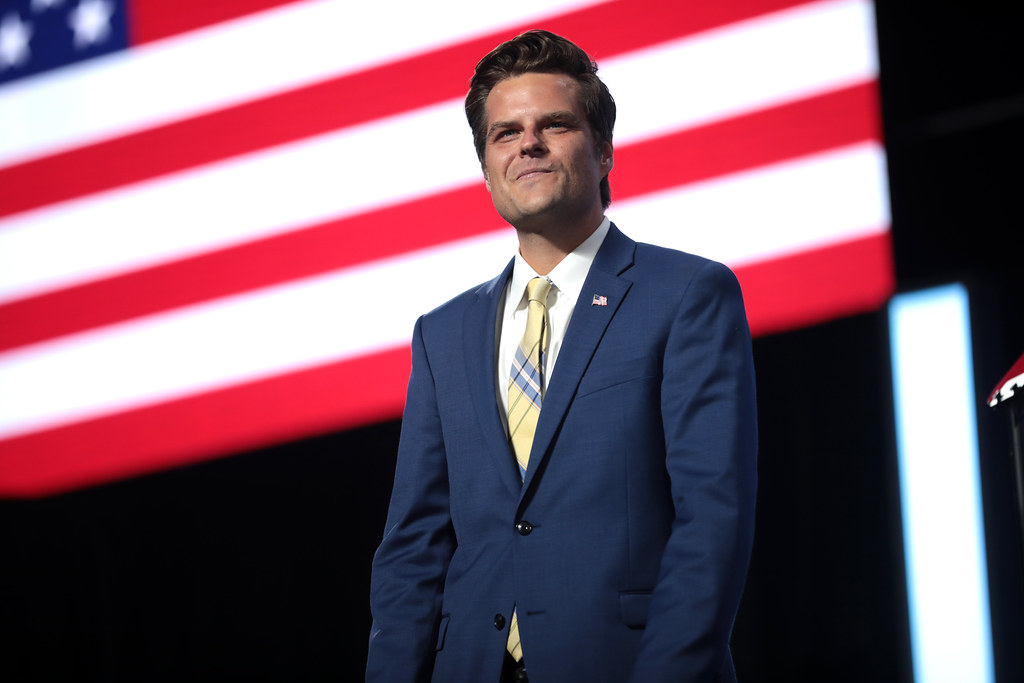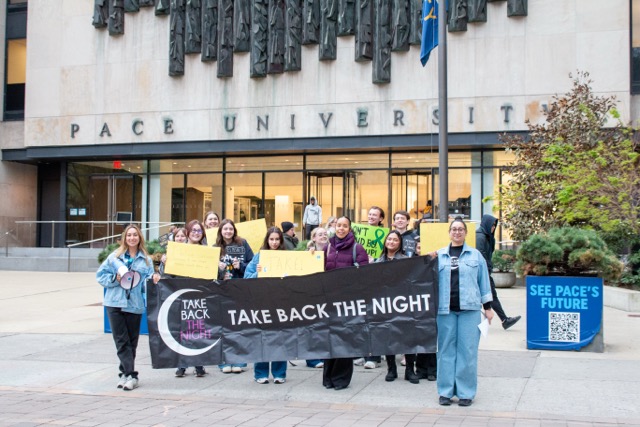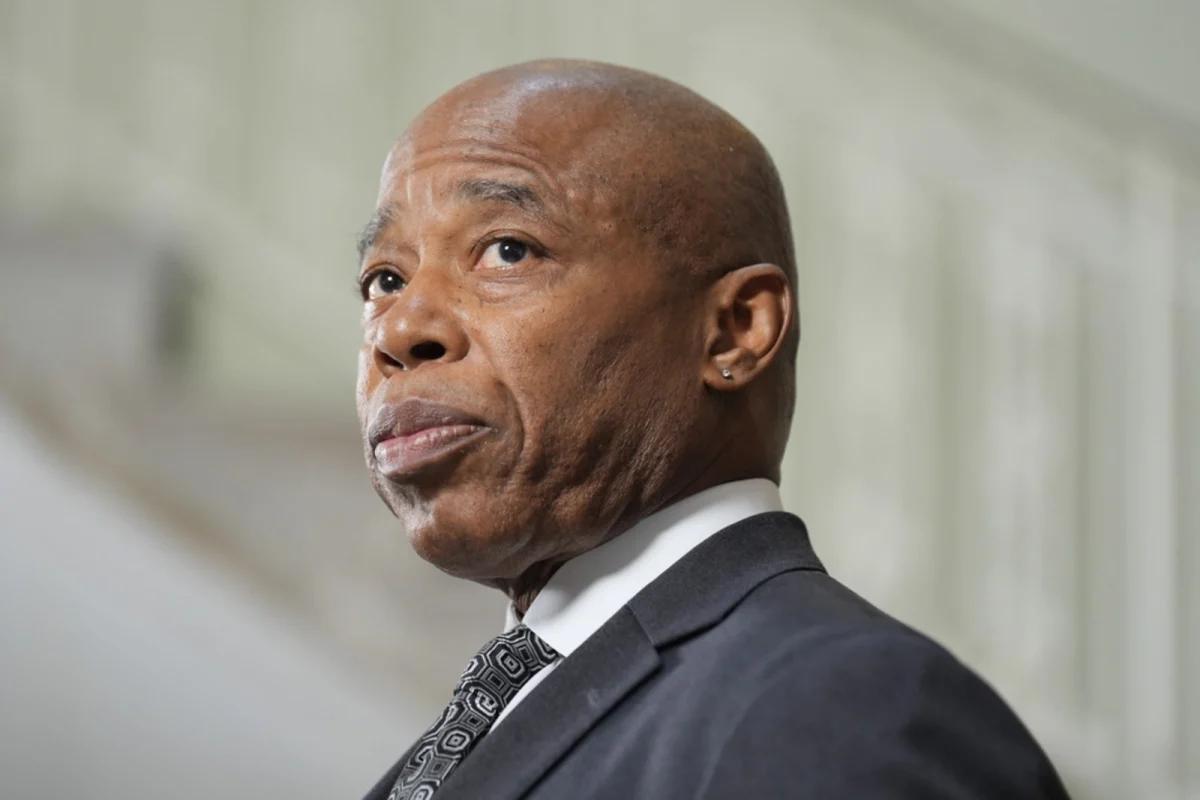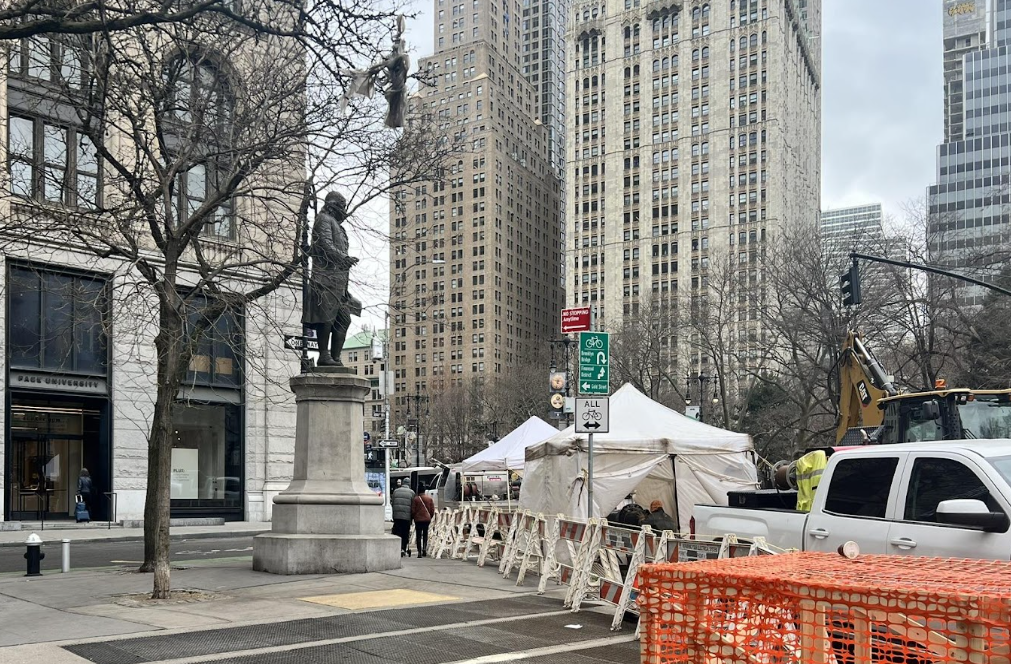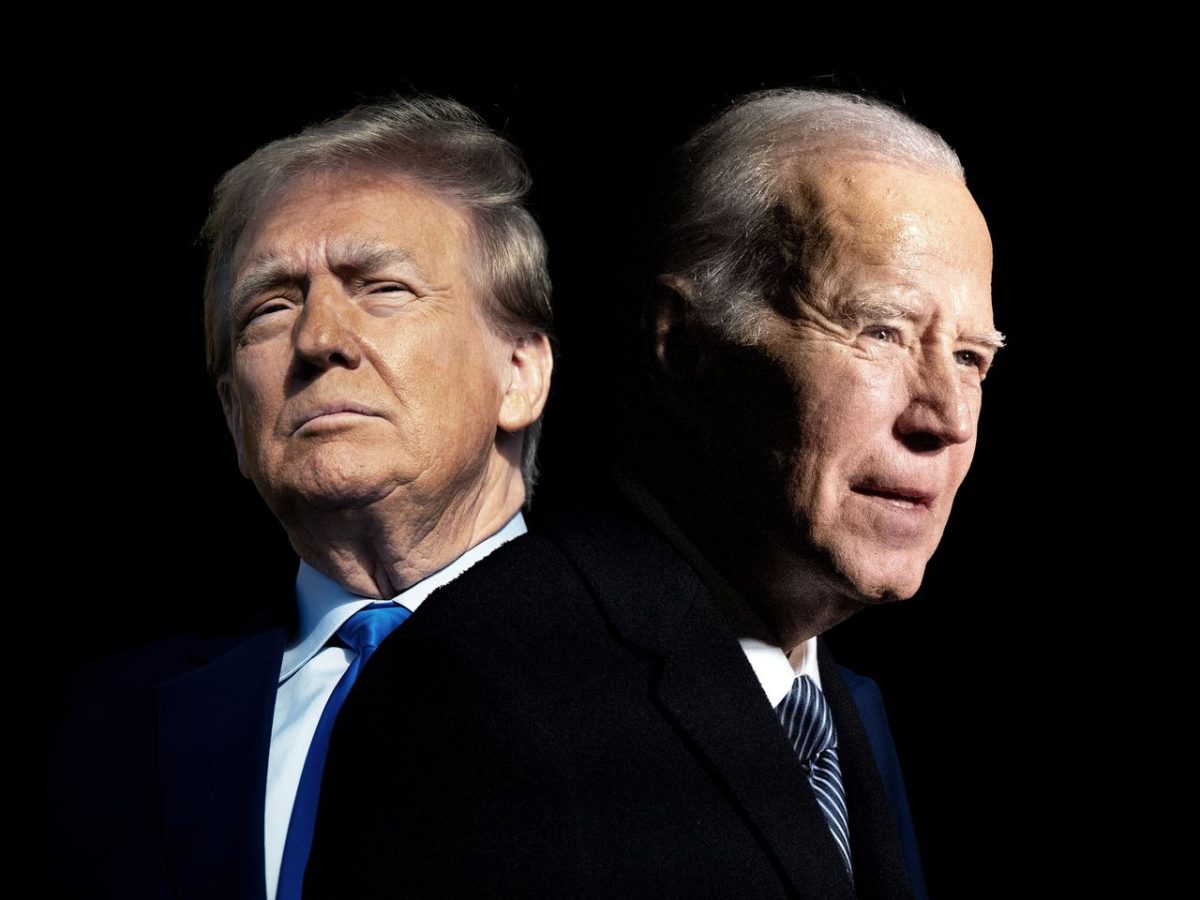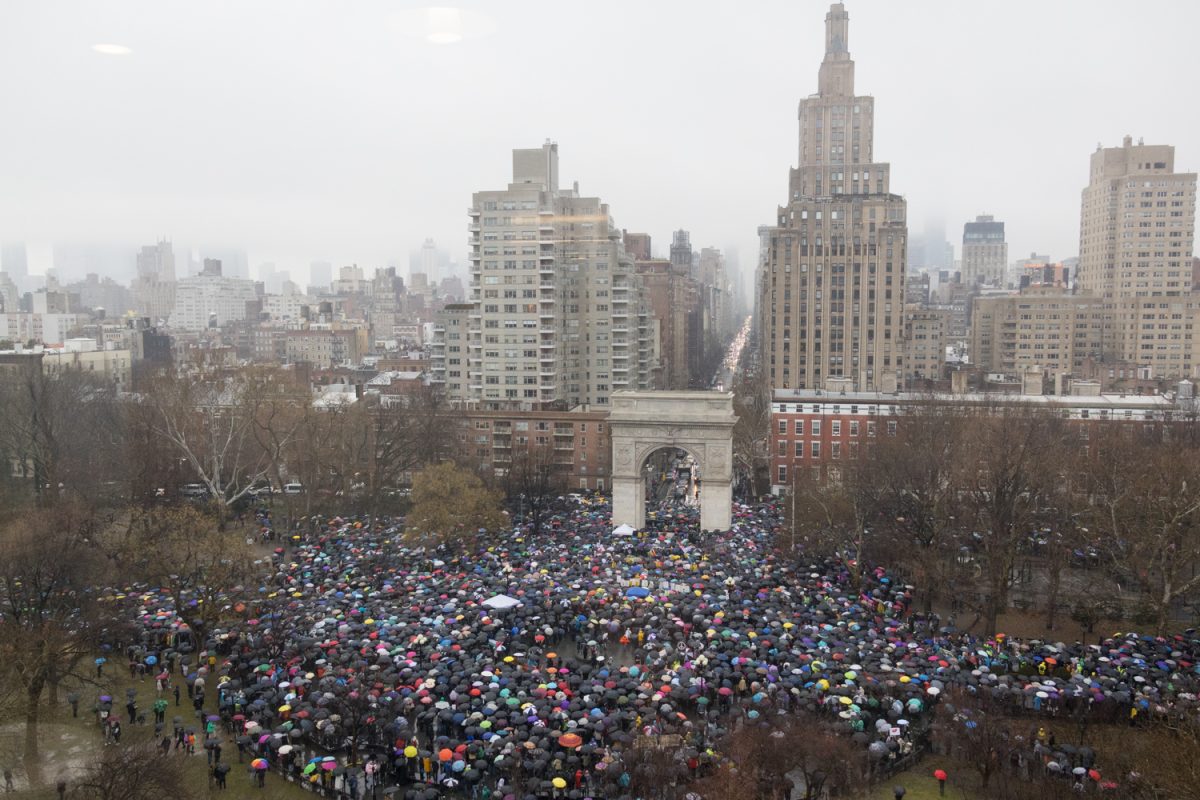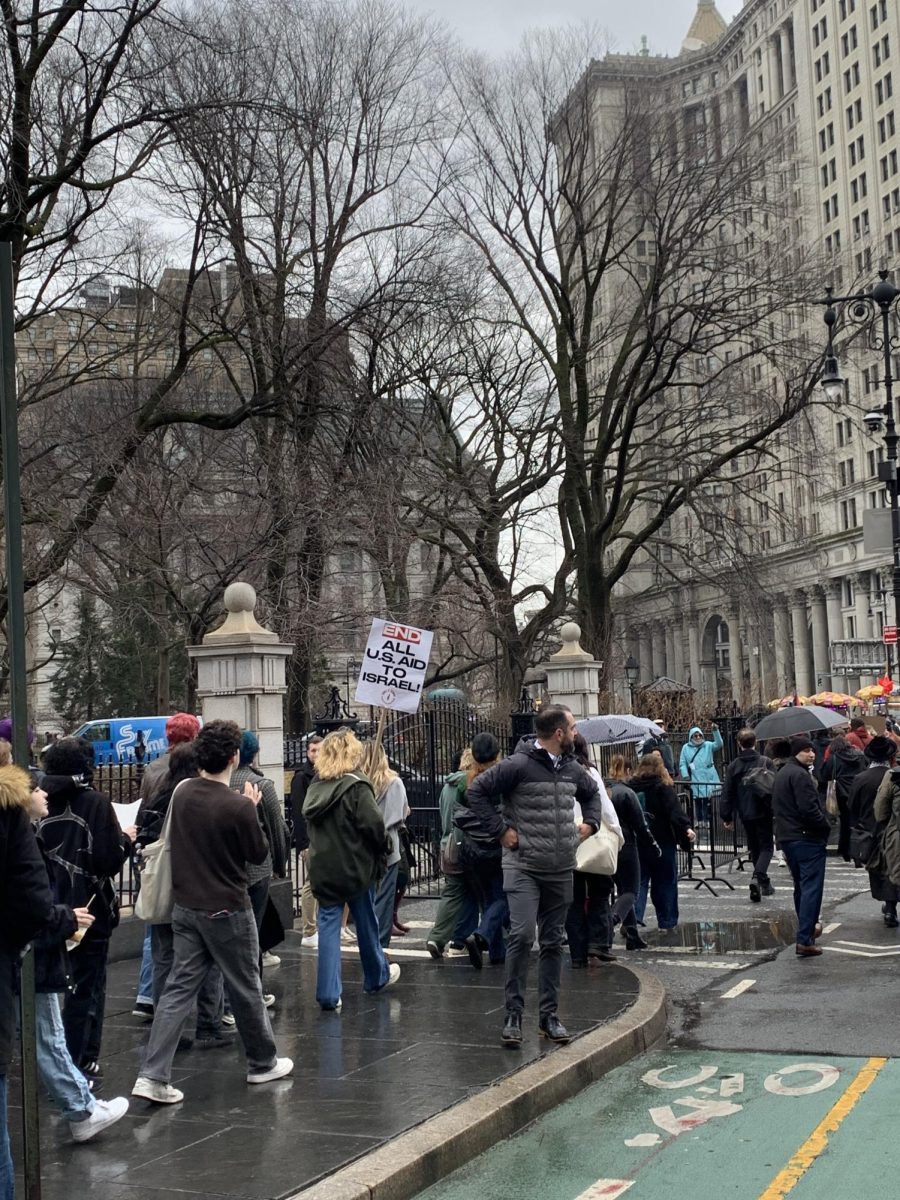On Feb. 13, 2016, news broke that Supreme Court Justice Antonin Scalia had died at the age of 79. Since Scalia’s death, his seat on the United States Supreme Court has remained vacant, leaving the Court with only eight members. Cases can be decided by an eight-member court, but a majority vote is still needed to validate a decision.
Former President Barack Obama originally nominated Merrick Garland, Chief Judge of the U.S. Court of Appeals, to fill the seat. Senate Republicans, including Senate Majority Leader Mitch McConnell and Senate Judiciary Committee Chairman Chuck Grassley, refused to consider Garland because the nomination was made during an election cycle; they believed that it should be the next president’s job to appoint a Supreme Court nominee. As such, many Republican senators opted not to consider the nomination, vowing to wait until after the 2016 presidential race to consider any nominees. 293 days later, the 115th Congress was sworn in and Garland’s nomination had expired.
On the campaign trail, President Donald Trump had released a short list of about 20 potential nominees that appealed to his conservative base. As he got closer to announcing his decision, he assured supporters he would be choosing someone from that very list.
President Trump announced his nominee, Neil Gorsuch, on Jan. 31, 2017. Gorsuch, age 49, currently serves as a judge for the Tenth Circuit Court of Appeals, a federal circuit court based in Colorado. He has held this position since his appointment by President George W. Bush in 2006. He attended Harvard Law School alongside President Obama and also holds degrees from both Columbia and Oxford.
During his time on the Tenth Circuit Court, Gorsuch has advocated for the separation of powers and defended religious freedom rights. In Gutierrez-Brizuela v. Lynch, heard in 2016, the court argued that allowing a court’s decision to be overruled by federal agencies would limit separation of powers between the branches of government. In Hobby Lobby Stores, Inc. v. Sebelius., heard in 2013, the court ruled that companies who were forced by the Affordable Care Act to provide insurance for contraceptives had a right to sue the government because this enforcement violated the Religious Freedom Restoration Act, which prevented the federal government from imposing burden on a person’s right to exercise religion. Gorsuch sided with the majority in both of these decisions.
Gorsuch’s record and qualifications have been received differently by government officials. According to CNBC, President Trump has stated that Gorsuch has “outstanding legal skills, a brilliant mind, [and] tremendous discipline.” While the conservative base tends to agree with the president’s evaluation, leading Senate Democrats including Elizabeth Warren and Chuck Schumer are opposed to his appointment. According to USA Today, Schumer claims that Gorsuch has “repeatedly sided with corporations over working people, demonstrated a hostility toward women’s rights, and most troubling, hewed to an ideological approach to jurisprudence.”
This division over Gorsuch’s appointment stems far beyond the government. The Huffington Post recently polled Americans on whether Gorsuch is an appropriate choice for Supreme Court Justice and whether President Obama or President Trump should have been the one to fill the vacancy. The poll found that 40 percent of Americans approve of Gorsuch, 28 percent disapprove, and 32 percent are unsure.
Members of the University community have formed their own opinions on this decision. Psychology professor Dr. Mercedes McCormick believes that the Senate’s refusal to vote on Garland is “still the same old politics of Democrats versus Republicans.” Ultimately, she says that this is the reason why the position has remained vacant for so long. Dr. McCormick also believes that “[Politicians] are making everything so difficult and nothing is getting done, or it is taking a long time for something to get done.” This statement echoes the sentiment that political divisions lead to a lack of productivity within the government.
Gorsuch has begun meeting with leading Democratic senators in an effort to begin a meaningful bipartisan conversation and ensure a simple nomination process.

